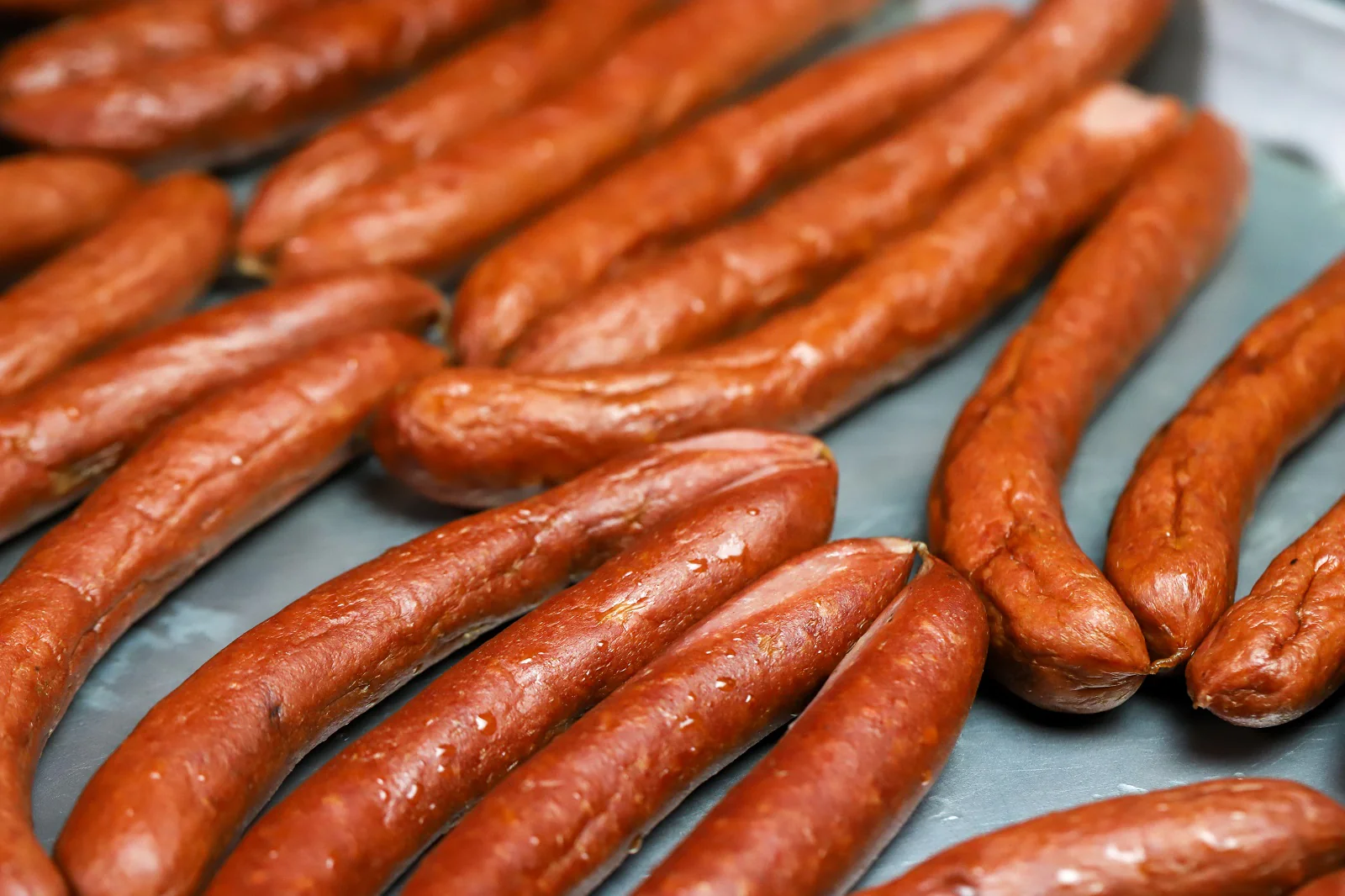A recent study reveals concerns about a widely used food preservative potentially disrupting the balance of beneficial gut bacteria crucial for maintaining health.
The research, published in ACS Chemical Biology by University of Chicago scientists, highlights lantibiotics as the preservative in question, a chain of amino acids often added to various foods like beer, sausage, cheese, and sauces.
One prominent lantibiotic, Nisin, derived from bacteria residing in cow mammary glands, is singled out for its potential impact on both harmful pathogens and helpful gut bacteria in humans.
Lead study author Zhenrun Zhang notes the lack of comprehensive research on how Nisin and similar additives affect gut microbes despite their long-standing use as food preservatives.
While effective against food contamination, these additives may wield considerable influence on human gut health, Zhang suggests.
Using a database of human gut bacteria genomes, Zhang and his team identified genes responsible for producing six different lantibiotics akin to Nisin. They then synthesized these lantibiotics to gauge their effects on both harmful pathogens and beneficial gut bacteria, finding that they could kill both types.
The study emphasizes the vulnerability of gut commensals, sometimes even more so than pathogens, to lantibiotics. Zhang underscores the potential impact of current lantibiotic levels in food on gut health.
Additionally, the researchers analyzed the molecular structure of lantibiotics to explore their antimicrobial properties further. They propose leveraging these properties to combat antibiotic-resistant infections.
In light of the findings, Zhang stresses the need to mitigate any adverse effects of lantibiotics on health while harnessing their beneficial antimicrobial attributes.





